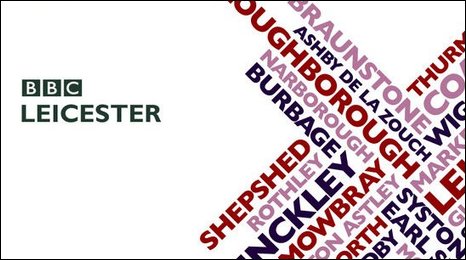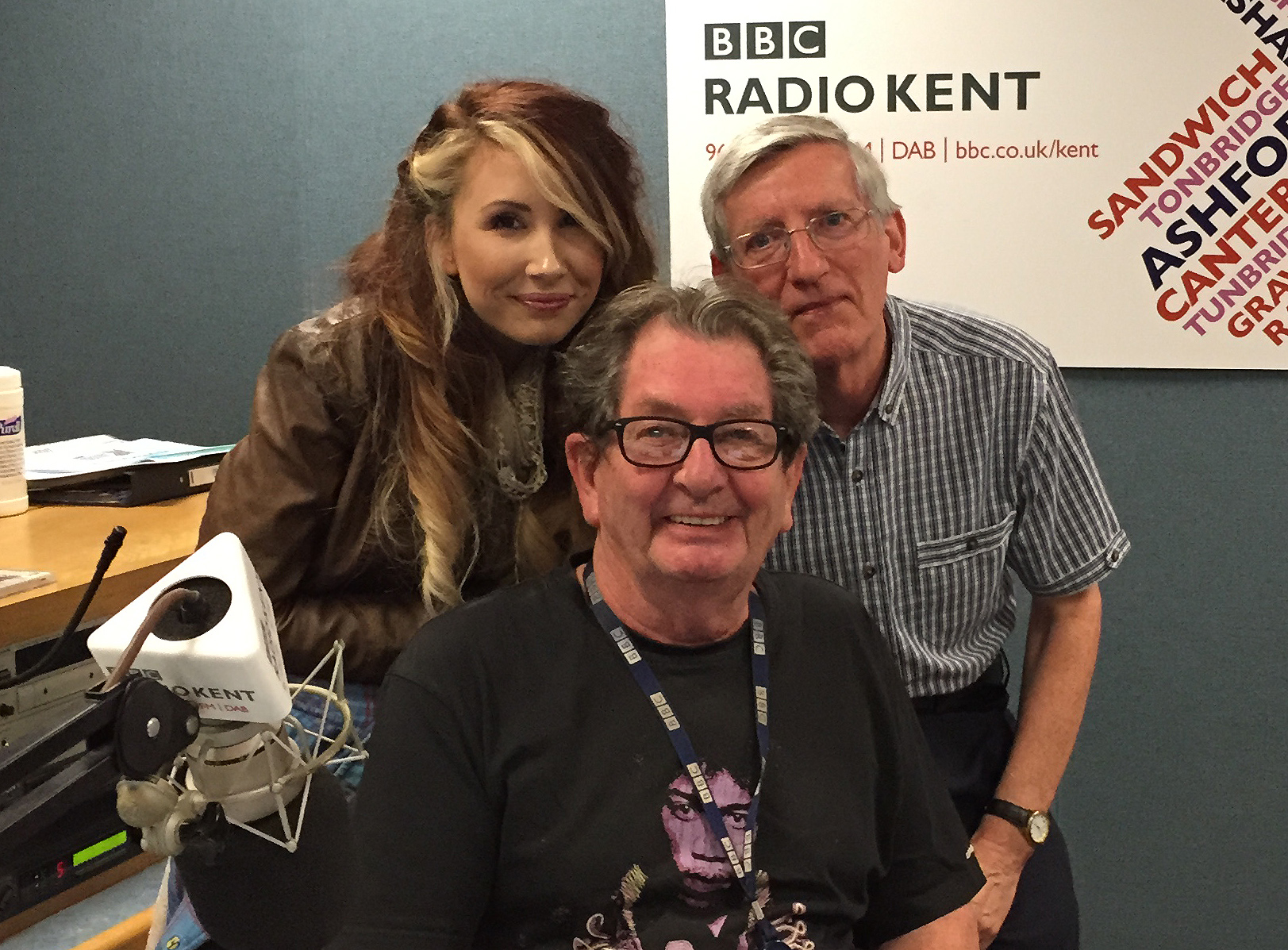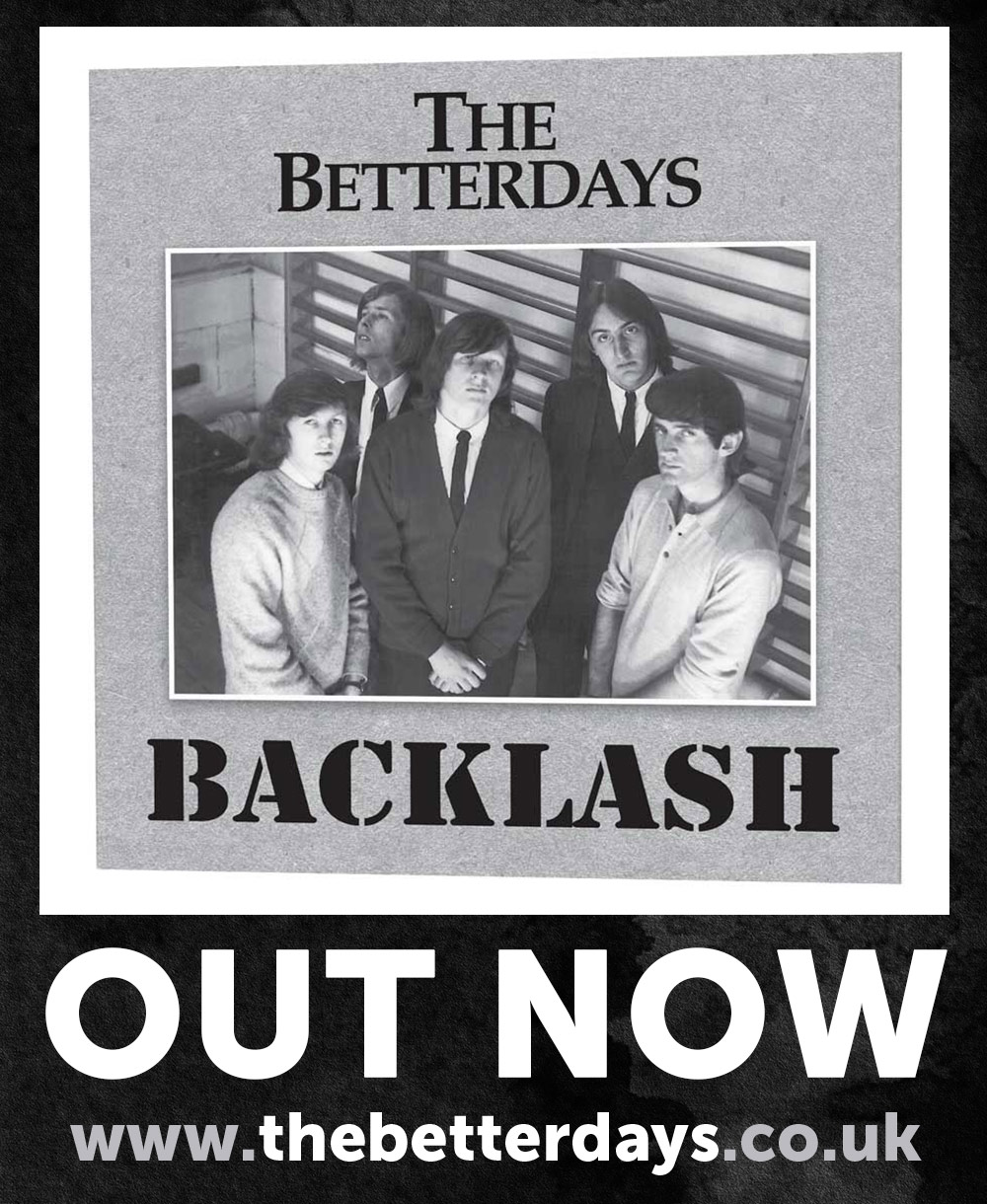The straight-talking monthly column on all things country, Americana, roots and acoustic…
In my November column, I raised the issue of the high salaries paid to a select number of ‘personalities’ by the BBC, and how this had led to a cut-back in local BBC radio programmes.
For years, many local BBC radio stations had programmes dedicated to different genres of music: jazz, folk, country, etc. Five years ago, most of these programmes disappeared when the BBC launched a new evening programme that was shared across all local stations across England.
Lo-and-behold, a few days after my column was published, the BBC Director General, Tony Hall (pictured right), announced that the evening programme, shared across local radio stations in England, would end after five years and be replaced with locally-made programmes instead.
Celebrating the 50th Anniversary of the opening of BBC Radio Leicester (the Beeb’s first local radio station in 1967), Lord Hall said the corporation would invest in BBC Local Radio to make it ‘even more local and more creative.’
This is excellent news, but we will have to wait until next summer for the change to be implemented, which will give everyone plenty of time to petition their local BBC station with ideas and suggestions, as to what kind of local programmes they want to hear.
One of the biggest problems that I have with many of the local BBC stations, is that the programming tends to be geared towards an older generation. Much of the music currently heard on the stations across the country is from the 1950s, through to the mid-1980s. Many of the presenters are also of a similar age to the targeted audience, which is obviously shutting younger listeners out.

I was involved in setting up the first weekly country music programme on BBC Radio Medway (now Radio Kent) in 1970. Along with my fellow presenters (Larry Adams and Roy Watson) we were in our early 20s. Though we knew a lot about country music, we were totally green when it came to radio.
Unruly trio…
We must have created something of a buzz at the station, as all the of the staff were rather staid in their outlook. They were all expected to wear ties and jackets, especially when in front of the microphone, and everything had to be done according to working practices; probably unchanged since the 1930s.
We were a kind of unruly trio, easy-going and out-going with definite ideas of what we wanted to do with ‘our own radio show.’ We wisely mixed in the new country sounds coming out of Nashville, with country classics and also, due to the ‘needle time’ restrictions laid down by the Musicians Union, utilised a lot of local country acts in live sessions.
In those early days, I learned a lot of valuable lessons, but I think the most important one, was what I refer to as the ‘three E’s of radio.’ Any radio show should ‘Entertain, Educate and Enlighten’. It’s something I’ve always tried to adhere to whenever I have either hosted or been a guest on a radio show. Unfortunately, too many radio presenters, especially those hosting music shows, fail miserably to follow those golden rules.

I will readily admit I’m not a radio fan. I much prefer to listen to my own choice of music, rather than someone else’s. On the few occasions I do listen to the radio, I wonder why the majority of djs do it. It’s not that they’re passionate about the music, otherwise they wouldn’t just play the same old familiar stuff in preference to hidden gems that are often far superior and in more need of exposure.
You have some who will only play well-known songs or feature the most popular acts in order to appeal just to the widest possible audience. There’s no attempt to educate or enlighten that audience, by introducing them to either something new or lesser-known to widen their listening experience.
Then, of course, there’s the other side of the coin. The presenter who is super-knowledgeable and will only play obscure music by acts very few, apart from his own immediate circle of associates, are aware of. Failing to entertain the listener leads to many just reaching for the off switch or seeking another station to listen to tune in.
Trad’ v modern country…
Having worked in PR and Radio Promotion, it was very apparent to me that many of the presenters of country music radio programmes across local radio, had been hosting their shows for more than 30 years and were of the older generation. Nothing wrong with that – I’m from the same age group. But the tendency of too many of them had been to concentrate on the more traditional country music from their past, at the expense of the newer, modern country music.
In short, they were appealing to that older, core audience that they had built up over the years, but failing to attract new, younger listeners. One of the major obstacles the BBC Local stations will be up against will be the numerous digital and online radio stations that have sprung up over the past few years. We can now listen to radio shows from around the world on our home PCs, lap-tops, iPads and mobile phones. The BBC local shows will need to be geared towards this new listening audience without losing track of its core audience.

The way to do this is to look back at the very beginning of BBC local radio in the late 1960s and early 1970s. Most of the specialised music programmes in those days were presented by young keen amateurs like myself. But we were helped by the old guard BBC staff, who showed us the ropes and guided as through our steep learning curves.
Whether we old-fogies like it or not, the future of country and roots music both here in the UK and around the world, rests with the young. We need to nurture and support the young, and encourage them to follow in our footsteps in breaking down barriers and getting the music out there, to as wide an audience as possible.
Passing on the torch…
One way of doing this, is for the older, more experienced music presenters to work alongside and encourage youngster to come on board, maybe co-present programmes and gradually be nurtured to take over the reins. All of us can learn so much from the enthusiasm and drive of youngsters, and in turn they can absorb so much from those who have blazed the trails over the past decades.
It won’t be easy, as those who have been secure in their positions for years, will find it difficult to pass the torch on to younger newcomers. In my view, it is the only way that country and roots music can grow and build on the current influx of younger fans that have taken to the music over the past few years.
We need to change the long-held view that country music is an ‘older-person’s music’, and pass it on to the younger fans, for them to carry it forward for future generations.
By Alan Cackett















Recent Comments